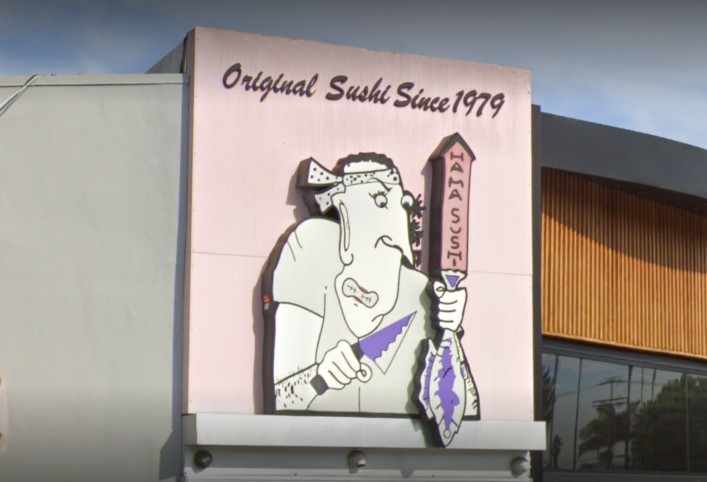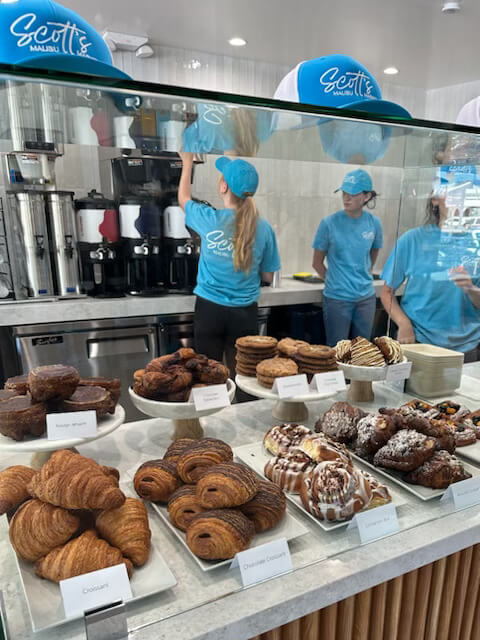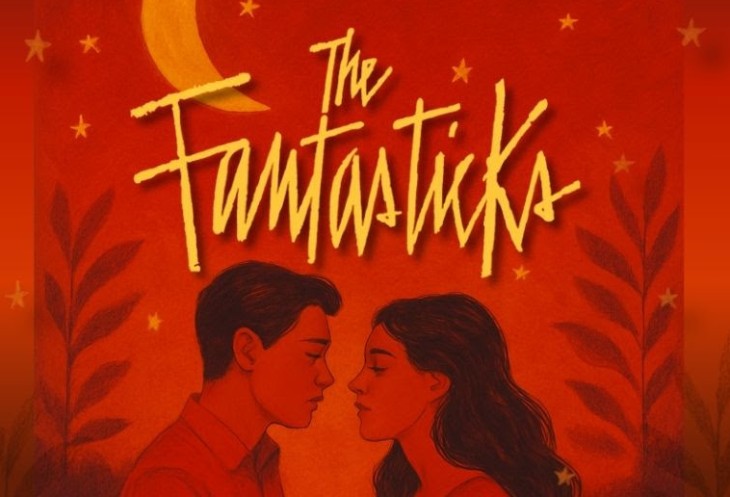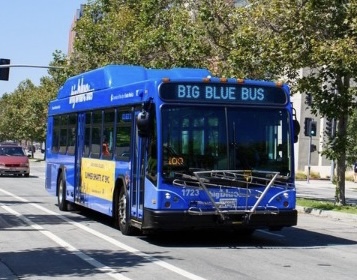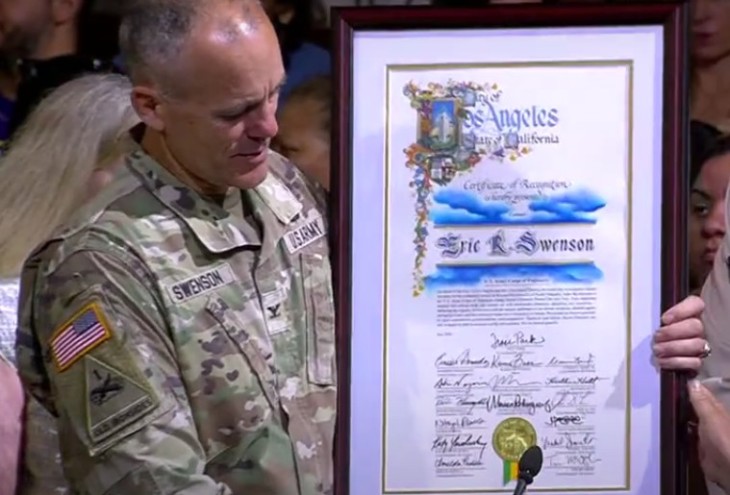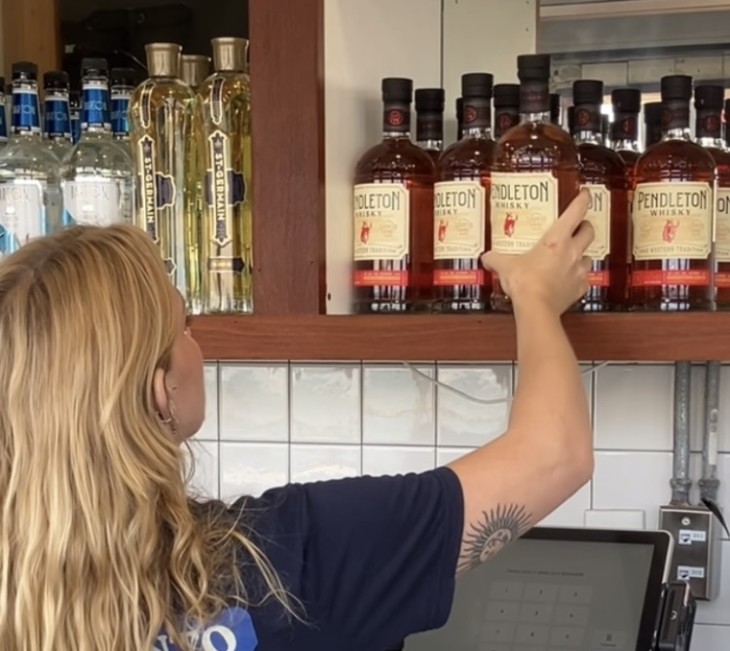You don’t need me to weigh-in on the Connecticut shootings. You have all the voices that are likely still at work even as this piece goes to press. You have your friends on social media. But I will say that, in looking toward the New Year, there may be something forward-moving that comes from the gun tragedy in Newtown.
And that’s the recognition, perhaps finally clicking into place, that Connecticut is just like the previous gun tragedy and the one before that and the one before that.
A difference this time might be the timing. Coming off the election results, we’re seeing the illogic and lack of humanity on the other side – you know, “them” – in never before realized high-definition. And that might enable the Connecticut tragedy to cut like a saw through the crusty vomit tundra commonly referred to as the gun lobby and the NRA. But again, on this one, I don’t need to badger you; we all have the information.
Instead, let’s look at just three examples of how, eventually, things do turn. These aren’t anywhere near as soul-rattling as the shootings, but they point to people working toward things getting better. And we need to remind ourselves that humans do that, even as events in the news often support a theory of our species’ de-evolution.
Privacy Matters
We used to have our privacy “invaded”; now we just open the door and invite everybody in. We create mountains of personal data that we literally give away, maybe so we can have an ‘app’ that lets us play with cartoon birds. But a joint effort that consolidates the app industry and advocacy groups is now working to get some privacy back. The coalition includes the ACLU and the World Privacy Forum (didn’t know there was one, but glad to hear about it) and is working toward mandatory standards that would tell you exactly what personal information and access to data on your phone you’re giving away for nothing when you download “free” apps. It’s good news that something is happening on this matter, even if it won’t immediately get phone solicitors to stop interrupting my dinner.
Turn Out The Lights!
Two weeks ago a three-judge panel ordered the removal of 100 digital billboards installed across Los Angeles. The basis of the decision was that two large advertising companies had gone ahead and simply replaced standard billboards with the blinky-blink digital ones when existing laws had clearly prohibited changes.
There’s one estimate that loss of the digital billboards will cost the companies as much as $100 million in revenue annually. Still, does that pain equal what the public suffers when the world at large is turned into a carnival midway of advertising? If this decision stands, it means a lot more than just some aggressive dudes getting their wallets kicked. It means that sometimes good judgment and taste can win the battle against exploitation and making the world ugly and banal for a dollar. Let me go on the record as saying that I like that big donut on top of Randy’s doughnuts in Inglewood, so I do have my favorites when it comes to eye-grabbing outdoor advertising.
But searching for spaces where advertising can glue itself down in every available angle at which we view the world has become some kind of jihad to those who profit from it. Imagine life itself having the same visual aesthetic as sports TV broadcasts, where there is never a moment without an advertising message somewhere in the shot. Digital billboards bring nothing to our lives. That may not make them something that sucks the life out of us. But, yeah, I kind of think they do.
Apple Comes Home
In the first of those “Oh, God!” movies with George Burns, John Denver tells his wife he’s met God. She worries this will bother Denver’s boss at the grocery store where he works. Denver to wife: “Honey, my boss is in charge of Food World. God is in charge of… World World.” And so, perhaps, is Apple computers. That’s why it’s good news that next year Apple will bring some manufacturing of its hardware back to the United States. Immediately there were skeptics who thought it was all just a trick to make people feel better about Apple’s overseas fabricating plants, where workers have protested conditions and some have jumped to their deaths off the top of factories. I’m one of those skeptics. But here, it is the message that matters: We could make things here again; we should make things here again. Just the possibility that an uber-corp like Apple is taking that message seriously bodes well for the New Year.


